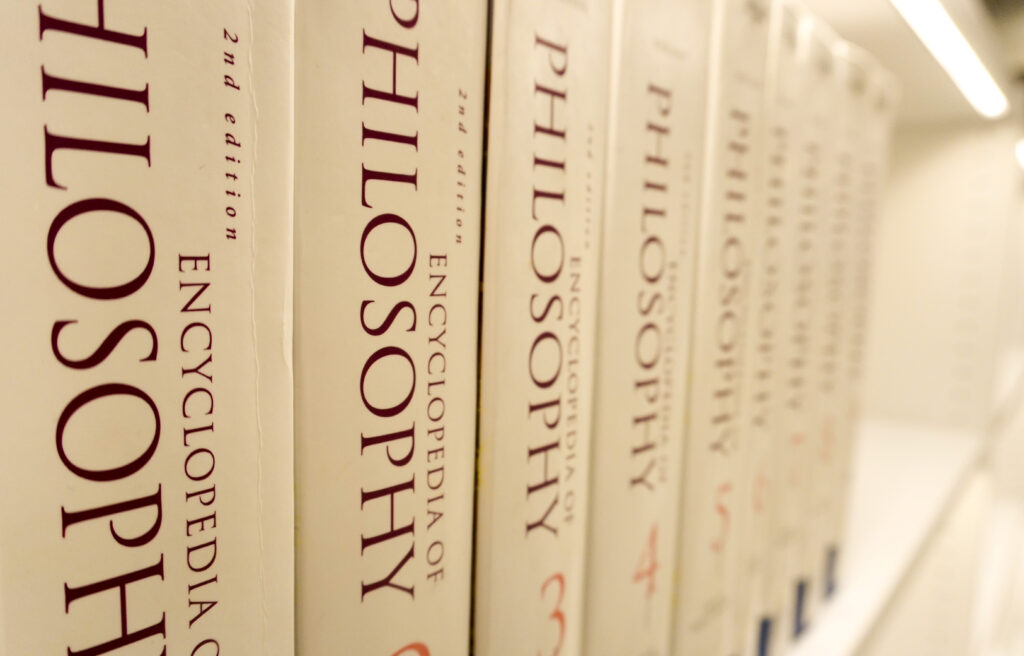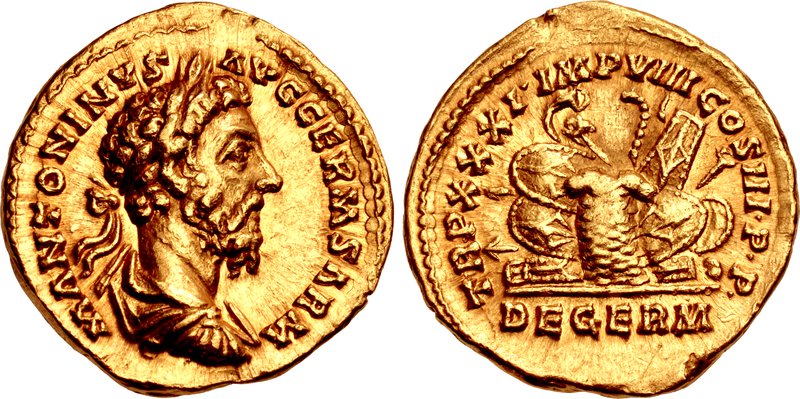
“Grant me the serenity to accept the things I cannot change, the courage to change the things I can, and the wisdom to know the difference”
Epictetus
Born a slave in about A.D. 55 in Heirapolis, Phrygia (present day Pamukkale, Turkey) Epictetus was a Greek philosopher who favored simple language and practical lessons over clever theorizing. Following in the footsteps of the great sages, he placed self-improvement and character refinement as the purpose of human life, exhorting his disciples to progress spiritually through the concrete circumstances of everyday life.
For Epictetus, happiness and personal fulfillment were the natural consequences of acting morally. Thus, a happy life was synonymous with a virtuous life. This article highlights some of Epictetus’ most memorable lessons compiled in the book “The Art of Living”, with the aim of reviving his extremely practical guidance to become a better and happier version of ourselves.
1. Know what you can control and what you can’t
According to Epictetus, happiness and freedom can only be achieved when we understand that not everything is under our control. When we want to have free rein over things that are beyond our control — such as how others regard us, whether we are born into a well-to-do family or not, or the type of body we have — we become frustrated, anxious and fault-finding.
As for the things we can control, such as our opinions and reactions, Epictetus taught that taking active responsibility for them was not only our primary duty, but also our path to inner peace.
2. Character matters more than reputation
In his writings, the Greek philosopher used to develop dialogues with the reader, predicting the questions that could arise and promptly providing an answer. When teaching about the importance of being a good person over having renown and power, he spared no effort in explaining the value of good character:
“If I can get rich and powerful while preserving my own honor, faithfulness to family, friends, principles, and self-respect, show me how and I’ll do it. But if I have to sacrifice my personal integrity, it’s stupid and silly to urge me on.”
Epictetus
According to Epictetus, reputation is a vain pursuit, given that it depends on the opinion of others, something beyond our control. He asserts that, despite the advantages of having a good reputation — such as being able to help friends, holding a powerful position and being invited to fancy parties — all of this is worthless if it comes at the expense of one’s moral character, the only thing over which we have control and the only aspect in which we can make a real difference.

3. Self-mastery is our true aim:
The culture of self-cultivation was popular among our Eastern and Western ancestors. Just as the spiritual disciplines of Buddhism and Taoism teach to rectify the mind and purify the heart to achieve spiritual perfection, Epictetus taught his disciples to renounce harmful habits — such as laziness, forgetfulness, or distractions — to regain sight of their true aim in life.
“When we remember that our aim is spiritual progress, we return to striving to be our best selves. This is how happiness is won.”
Epictetus
The Greek philosopher explained that self-mastery is possible when we are honest with ourselves and clearly recognize both our aptitudes and our flaws. When we identify the talents that divinity has bestowed upon us and when we listen to our special calling within the divine order, we will naturally develop in those areas in which we are destined to excel.
Epictetus also encouraged his disciples to accept challenges and to ceaselessly refine their skills. Difficult situations were seen as the best conditions for intellectual, physical and moral improvement.
4. Act well the part that is given to you:
According to Epictetus, we are all assigned roles in life by the divine. Thus, whether we are public leaders or public citizens, celebrities or ordinary people, we should fulfill our roles to the best of our ability without complaining. Only by giving an impeccable performance can we live in harmony with the rightful order of the world and achieve happiness.
5. Approach life as a banquet
The Greek philosopher taught that a person’s behavior should reflect his spiritual progress and the refinement of his character. Therefore, he exhorted his students to avoid extravagance and embrace self-restraint.
To impart this lesson, Epictetus compared life to a banquet. When food is served, a person should help himself in moderation. When a dish passes him by, he should cherish what is already on his plate. And if a dish is yet to come, he should patiently wait for his turn.
Through this modest analogy Epictetus expressed the importance of dominating one’s impulses, severing one’s desires and appreciating what one already has. Graceful behaviour and polite restraint were the traits of a superior man.

6. Blaming is pointless
Epictetus explained that we are not affected by events, but by the feelings and reactions we adopt to them. Situations are simply what they are and it is we who decide what kind of effect they have on us. Thus, when we suffer setbacks, frustrations or disappointments, the blame should not be sought anywhere, but in our own attitudes.
Blaming others for their own misfortunes is a habit of small-minded people. Reproaching oneself is the usual approach of average people. Yet the wise person forgoes the futility of finger-pointing and takes hardship as an opportunity to work on himself.
“One of the signs of the dawning of moral progress is the gradual extinguishing of blame.”
Epictetus
7. Nothing belongs to us
The Stoic philosopher believed that nothing is truly ours and that everything we possess will eventually return to where it came from. He uses the example of a deceased child whose death is not a loss to its parents, but the child’s return to his or her place of origin.
Epictetus advises that in case of material loss — like when a bad person takes our belongings — we should refrain from feeling wronged and instead see it as the return of things to the place from whence they came. Only then would we see loss in the proper light.
Thus, he recommends his students to take great care of what they have while the world lets them have it, placing contentment and gratefulness as key virtues in a moral man.
8. Harmonize your actions with the way life is
According to Epictetus, inner peace is achievable when a person’s actions are carried out to the best of his or her ability. When one devotes oneself wholeheartedly to the activity at hand, without forcing circumstances or pursuing results, one’s performance is impeccable, leading to self-realization and serenity.
This way, even if difficulties — which Epictetus describes as a natural part of the divine order —arise, one’s inner world will remain undisturbed, for one will have achieved the end of one’s being: the ultimate fulfillment of one’s duty in the world.
